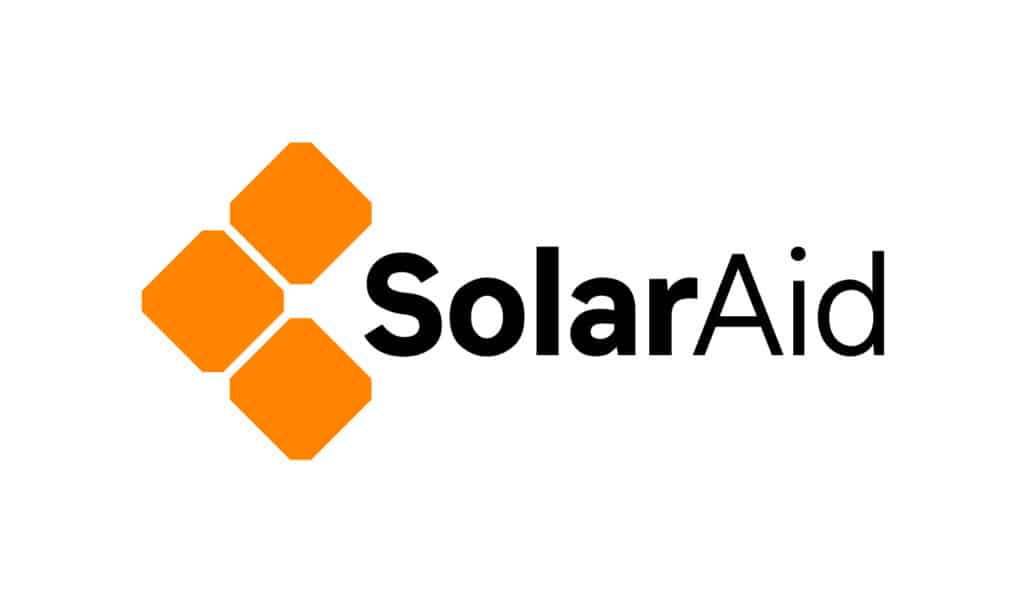– Charity calls out for collaboration to bring safe and clean light to every school in sub-Saharan Africa –
On United Nations International Day of Light (16th May), global development charity SolarAid is pledging to support every school in sub-Saharan Africa to have access to clean, safe, solar lighting by 2030. To achieve this, SolarAid is urgently calling on the wider international community to come together to bring safe and clean light to the millions of children who without it, cannot study after sunset and achieve a different future, due to lack of access to electricity.
In sub-Saharan Africa alone, 578 million people live without access to electricity. When the sun sets, millions of school children are forced to study by candle light, causing countless of tragic accidents across the continent each year. Others turn to kerosene lamps, contributing to indoor air pollution. Indoor air pollution leads to over half a million deaths of children under 5 each year*.
SolarAid provides access to solar lights in sub-Saharan Africa and helps to accelerate and catalyse solar markets with renewable light as part of this mission, the charity is now re-launching its programme ‘Light Libraries’ to bring safe light to school children across Malawi, together with Book Aid International.
The Light Libraries, of which the charity has set up 17 in Malawi since 2019, are simple yet incredibly effective. Each school is equipped with solar lights, which pupils can take home to enable them to socialise, study or read with friends and family and open their eyes to a different future. Over the next year 62 more will be opened, with 20 of these in collaboration with Book Aid International who provides the books.
John Keane, Chief Executive of SolarAid says: “Only 7% of the rural population of Malawi (19.1 million) has access to electricity**. Since 2006, SolarAid has been working on combating poverty and climate change by providing solar lights in sub-Saharan Africa.
“Solar lights are small, but the impact they have is immense. We’ve heard from so many wonderful children and teachers, how as a result of access to light they are now able to achieve higher education, and to dream about their future. Having light and books to study and read by powers children’s imagination – helping them to pursue their education so they can grow up to achieve their life goals.”
Dalitso Halario, 13, from the small village of Tembetembe in the Dedza District of Malawi, whose dream is to become a teacher, cites the Light Library as the reason he is doing so well in his education.
Dalitso comments: “We did not have the chance to read books even when I started school. But now my school performance is changing because of the library. I borrow books from the library to read and lamps for lighting when I am reading, and if the teacher gives us an assessment I always perform better.”
The charity is announcing this call out on the wider international community to come together to bring safe and clean light to the millions of children across sub-Saharan Africa on the International Day of Light. A United Nations global initiative, this annual day provides a focal point for the continued appreciation of light and the role it plays in science, culture and art, education, and sustainable development.
As a part of its wider mission to light up every home, school and clinic in Africa by 2030, using safe, clean, solar power, SolarAid recognises the need for collaboration and partnership. This is also the case for the world to achieve the overall Sustainable Development Goals (SDGs) by 2030. The SDGs are a collection of 17 interlinked global goals designed to be a blueprint to achieve a better and more sustainable future for all. The SDGs were set up in 2015 by the United Nations General Assembly and are intended to be achieved by 2030. Solar Aid is working towards SDG7 – ensure access to affordable, reliable, sustainable and modern energy for all; and Book Aid International is working towards SDG4 – ensure inclusive and equitable quality education and promote lifelong learning opportunities for all.
John Keane, Chief Executive of SolarAid continues: “Our goal to light up every school in Malawi and hit the Sustainable Development Goals by 2030, and therefore continue to help children like Dalitso, is only possible through more support. A donation of just £4 would save a family £159 and give children over a thousand hours extra study time. It will also decrease CO2 emissions by 1.1 tonnes. Powering dreams at the same time as protecting the planet!”
To donate or find out more about SolarAid and the International Day of Light, visit the website here: www.solar-aid.org/dayoflight

